Ida
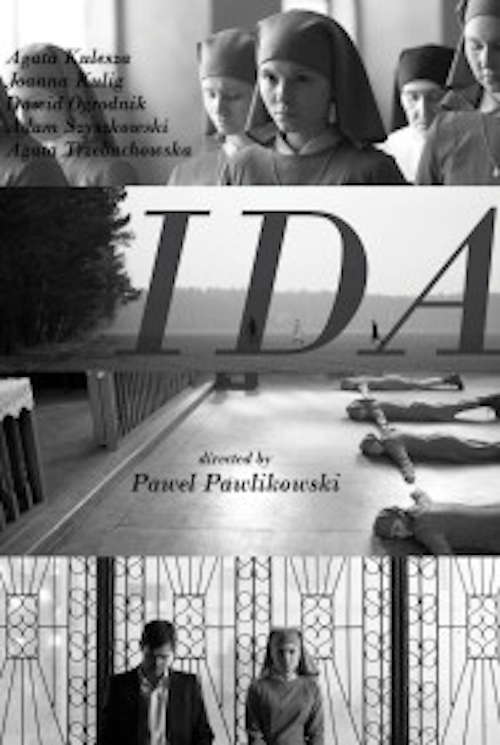
Sunday 13th October, 2.45pm – Odeon West End, Screen 2
Monday 14th October, 6.30pm – Ciné Lumière
Tuesday 15th October, 3pm – Odeon West End, Screen 2
Anna is a nun-in-waiting on the cusp of taking her vows in communist-bloc Poland. Before she can do so her mother superior suggests she get in touch with her only living relative – a drinking, smoking, promiscuous former state prosecutor called Wanda. Initially cold to one another, the pair set out to discover a murky family history concealed by the turmoil of World War II.
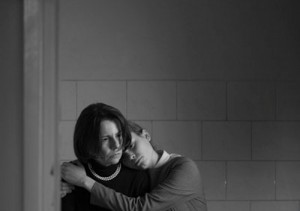 It is at this point that the audience starts wondering: “Where’s Ida?” Well Anna, as it turns out, is Ida. Not only that, she’s a Jewish orphan. For the girl formerly known as Anna this should be quite the shock: to lose one’s name is unfortunate, to lose one’s religion just before vowing eternal devotion to it is something else. But neither Aunt Wanda nor Ida seems even remotely shocked. Instead the self-styled “slut and the little saint” head off to track down Ida’s parents’ graves.
It is at this point that the audience starts wondering: “Where’s Ida?” Well Anna, as it turns out, is Ida. Not only that, she’s a Jewish orphan. For the girl formerly known as Anna this should be quite the shock: to lose one’s name is unfortunate, to lose one’s religion just before vowing eternal devotion to it is something else. But neither Aunt Wanda nor Ida seems even remotely shocked. Instead the self-styled “slut and the little saint” head off to track down Ida’s parents’ graves.
There’s plenty that seems familiar to Ida: a young girl experiencing all that she can before being shut away and an unlikely couple who develop mutual empathy in testing situations. These are hardly ground-breaking stories, but double-BAFTA award winning director Pawel Pawlikowski (My Summer of Love) treats them with a delicate touch that never dwells on the formulaic. This is helped by the softness of Lukasz Zal’s cinematography in this beautiful black and white film. Never before has the inside of a grave looked so pretty.
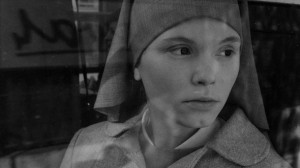 Agata Trzebuchowska’s striking, moon-eyed Ida is wonderfully nuanced. She doesn’t drink, smoke or sleep around, but she doesn’t judge those who do meaning when she eventually tries such things she looks remarkably at home. This is just the sort of intelligently restrained and ambiguous performance a well-worn story needs.
Agata Trzebuchowska’s striking, moon-eyed Ida is wonderfully nuanced. She doesn’t drink, smoke or sleep around, but she doesn’t judge those who do meaning when she eventually tries such things she looks remarkably at home. This is just the sort of intelligently restrained and ambiguous performance a well-worn story needs.
And yet it is Ida’s other Agata – Agata Kulesza as Wanda – whose performance is most memorable. Sarcastic, strong and troubled, in Wanda’s own words to Ida: “This Jesus of yours adored people like me”. She threatens a villager who impedes her search by saying: “I can destroy you. You have children.” This threat comes out of nowhere, is tinged with the pain of a woman with no children to protect her, and delivered with a masculine strength surprising for a movie set in the 60s.
These performances set Ida apart from the field of spring awakening stories, making it a more than worthy entrant to the official competition at the 2013 BFI London Film Festival.
Nigel Booth
Ida is in the official competition of the 57th London Film Festival.
Follow our daily reports from the London Film Festival here.
For further information about the 57th London Film Festival visit here.
Watch the trailer for Ida here:

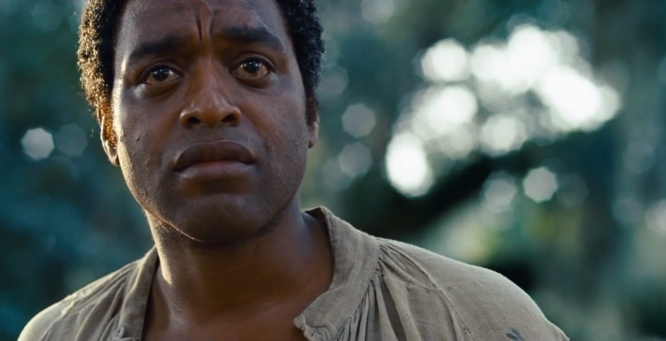
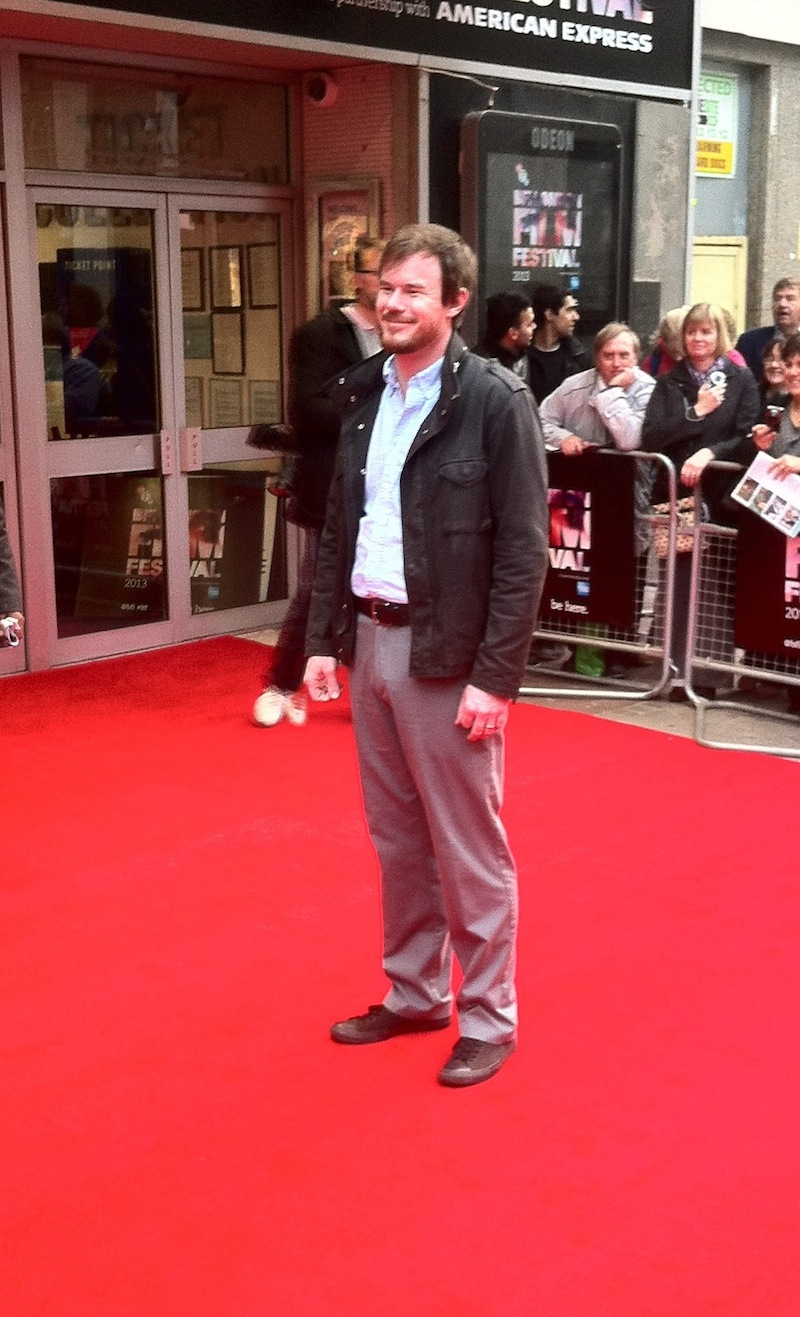
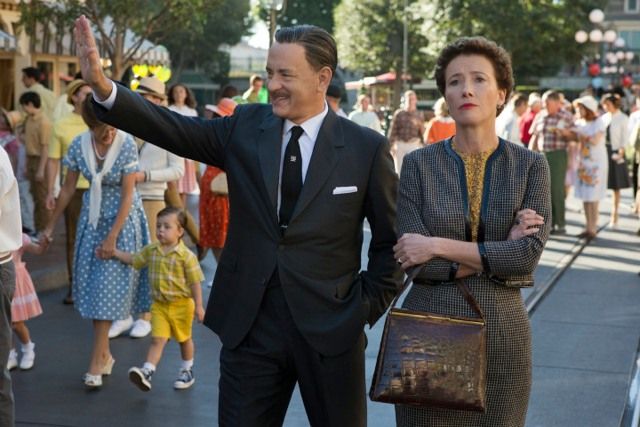
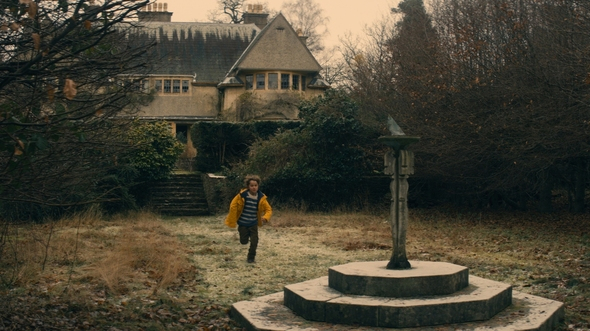
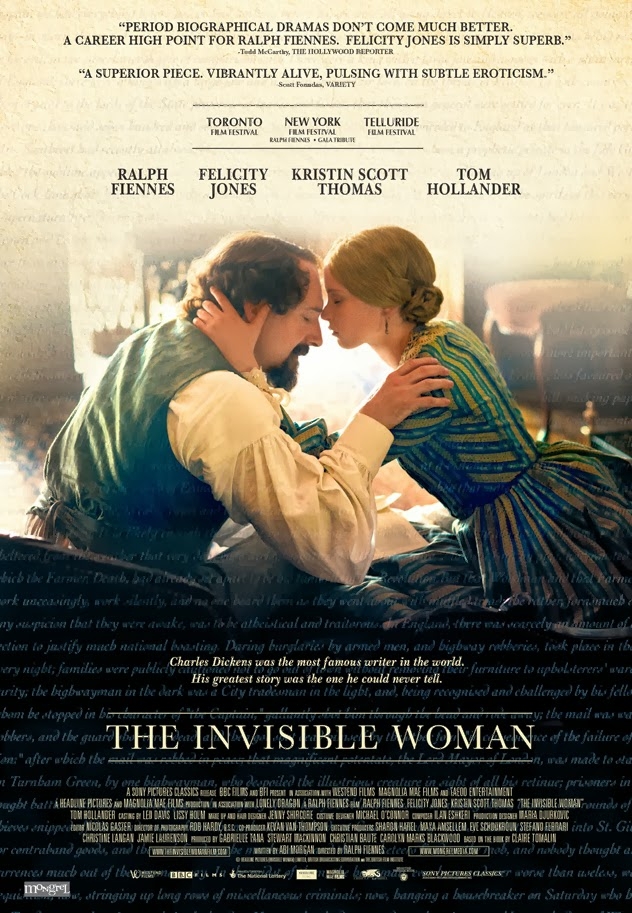
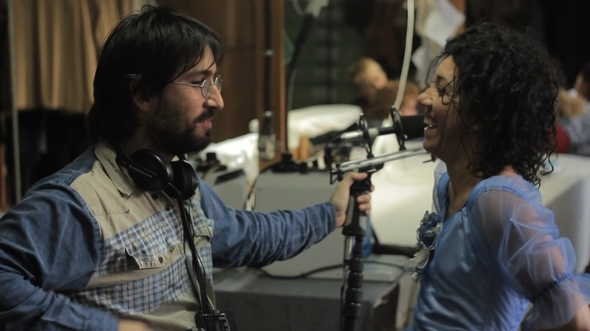
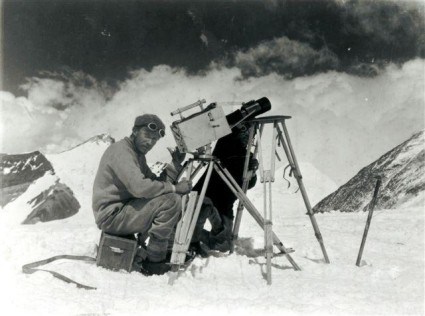
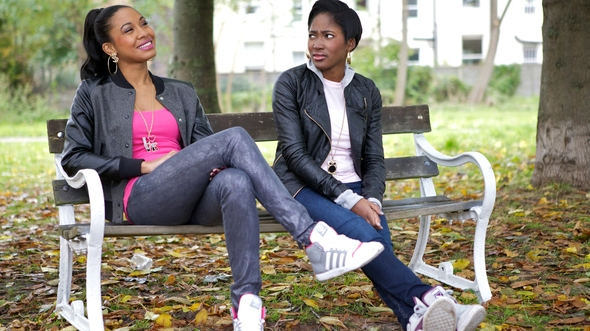















Facebook
Twitter
Instagram
YouTube
RSS